5 of the Most Unusual Names for Locals
They don’t all make sense, but they stuck and that’s what matters.
Go to various places across the US and you’ll soon find out that some areas have special names for the locals. Of course, everyone has different ideas on what makes a person a true local, but I think many people would agree that it’s a combination of years lived there and/or pride in the local culture. Regardless of how you define a local the names that locals have for their fellow citizens are so interesting. Sometimes the etymology makes sense and other times the words sound like total nonsense. So here are 5 unusual nicknames for locals (and their backstories) that you might find amusing.
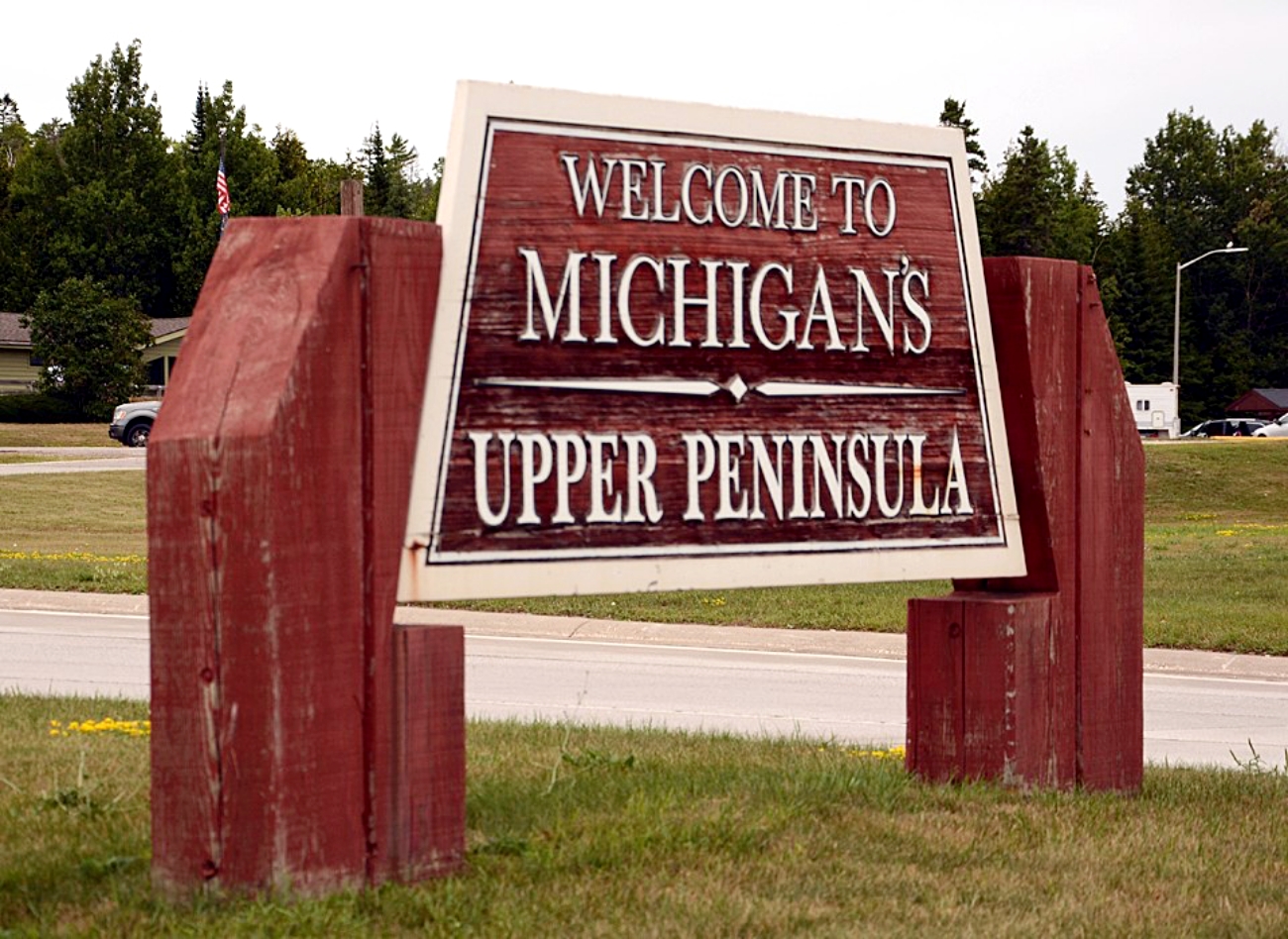
5) Yoopers
One of the few resident nicknames that makes sense are Yoopers. This name is derived from the acronym U.P. which stands for Upper Peninsula, a place in northern Michigan. This area borders 3 of the Great Lakes and has a distinct population descended from Cornish, Finnish, Swedish, and French Canadian immigrants. The title often comes with a unique accent that’s influenced heavily by both Finnish and Canadian accents.
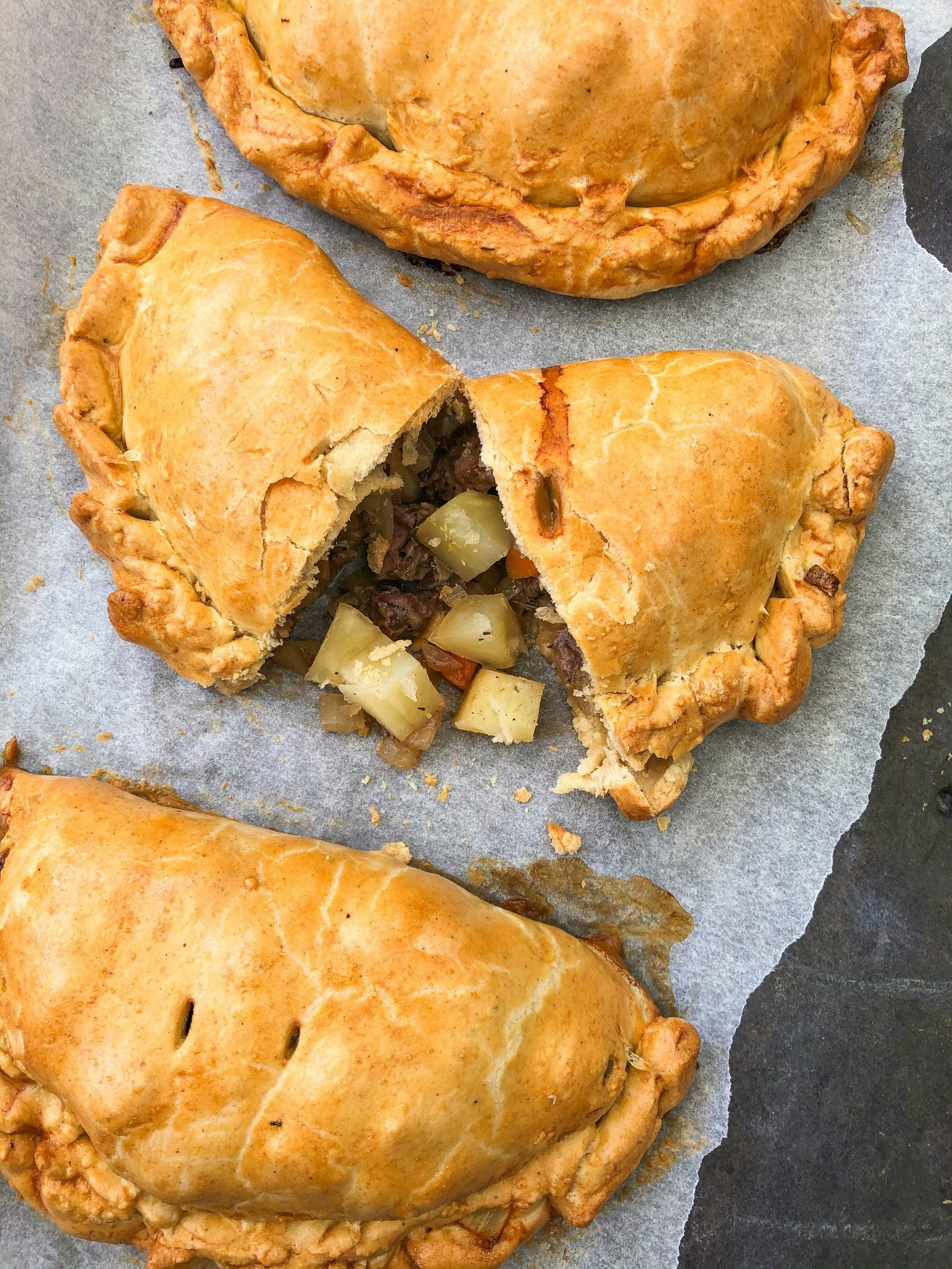
Proposals to make the Upper Peninsula a separate state have failed, but the theoretical name for this 51st state would “Superior” and that alone says a lot about the local pride!
4) Hoosiers
You may know the famous Hoosier cabinets that were so popular from the early 1900s until the 1930s and the name stems from where they were first built in New Castle, Indiana, by the Hoosier Manufacturing Co. The name for the Hoosier State is of unknown origin, however.
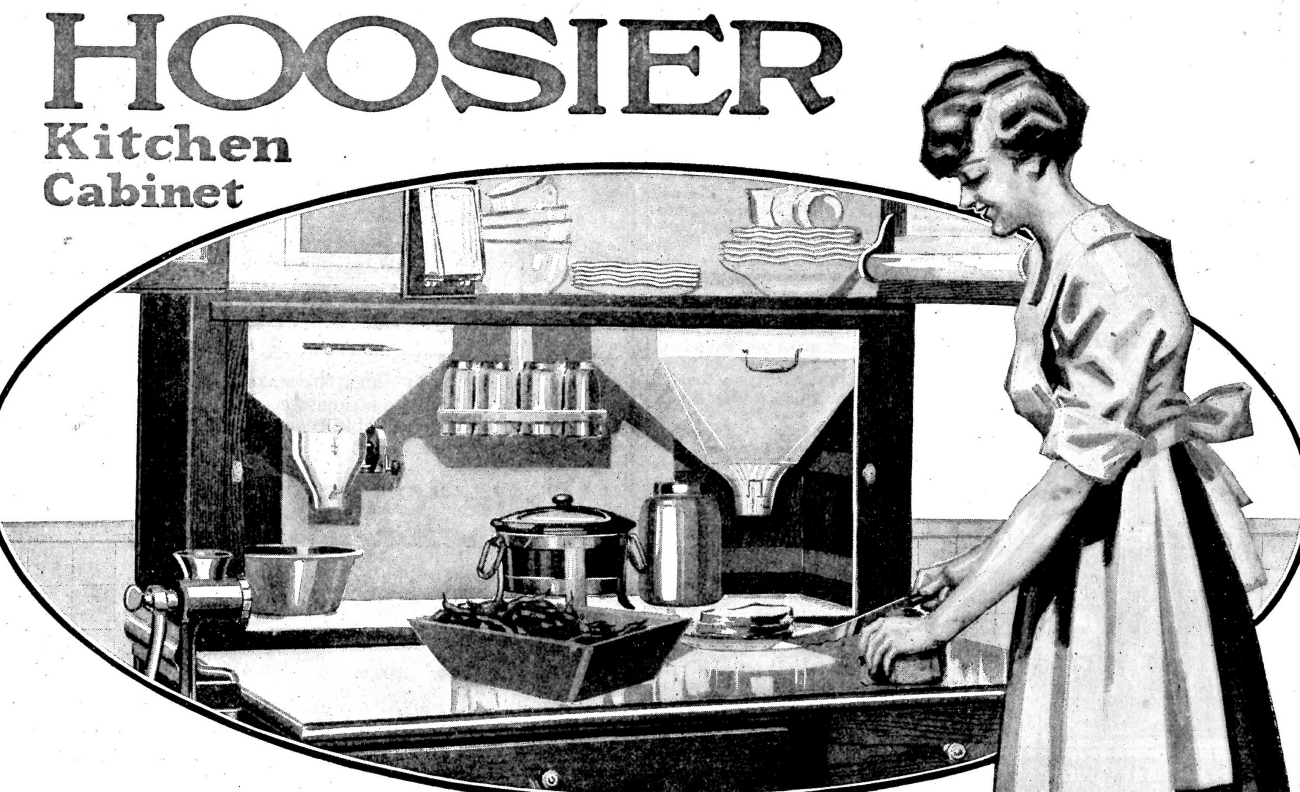
According to some the word was used to mean a woodsman or country person, but another theory is that when someone would knock at a cabin door the people inside would call, “Who’s here?” and that became Hoosier. But, given that there are rural people and folks answering doors all across the nation neither of the these two explanations seem all that likely. There are many, many theories on the name so no one can exactly answer what a Hoosier is.
3) Sourdoughs
As with Hoosier, the name Sourdough has some various origin stories. This nickname for Alaskan residents has been jokingly referenced as someone who is sour on the place but has no dough with which to leave. But, another version stems from the many prospectors that rushed to Alaska in the Klondike Gold Rush that took place between 1896 and 1899 in the Klondike River Valley of Alaska and Canada. According to some folks the prospectors had many hard times and sourdough bread was a staple food of the camps. Sourdough bread isn’t popular everywhere, but it was common in Seattle and San Fransisco where many of the miners moved from.
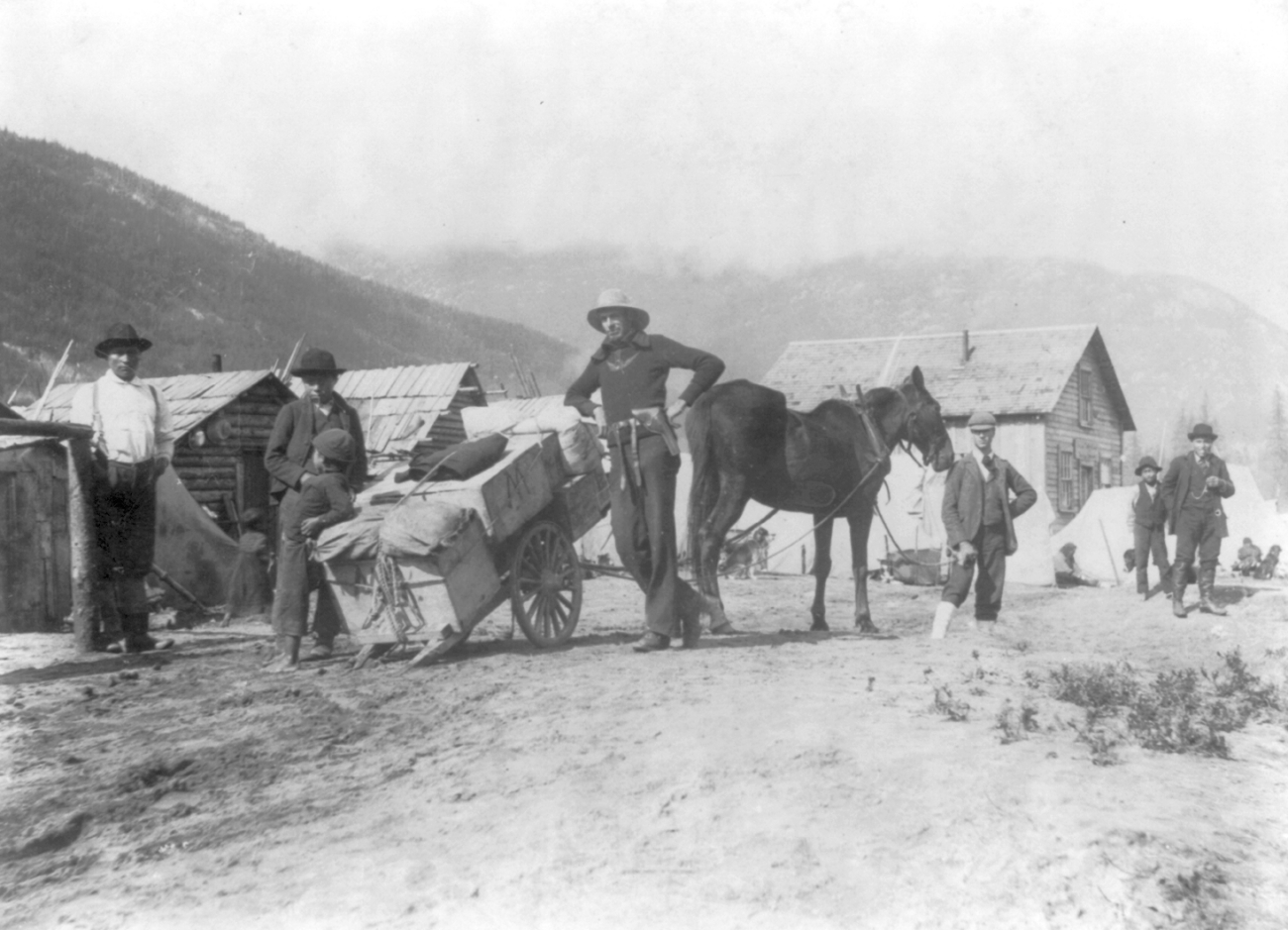
In San Fransisco the rise of sourdough can be attributed to an earlier mining craze in the 1840s, the California Gold Rush. During this time prospectors also relied on bread, but because of the foggy and damp atmosphere and unique microfauna in the Bay Area the bread took on a tangy taste- what we know today as the classic sourdough. It should be noted that sourdough bread existed long before then but this association with the Gold Rush made it a local delicacy.
2) Nutmeggers
The name Nutmegger refers to residents of Connecticut. The word is thought to have stemmed from the local loggers there who could carve a “nutmeg” from wood. Of course that’s not how nutmeg works and the name indicates suspected fraud is afoot– in this case passing something off as something of higher value. Particularly in Early American times spices were hard to come by so a counterfeit like this was surely not considered amusing in the least.
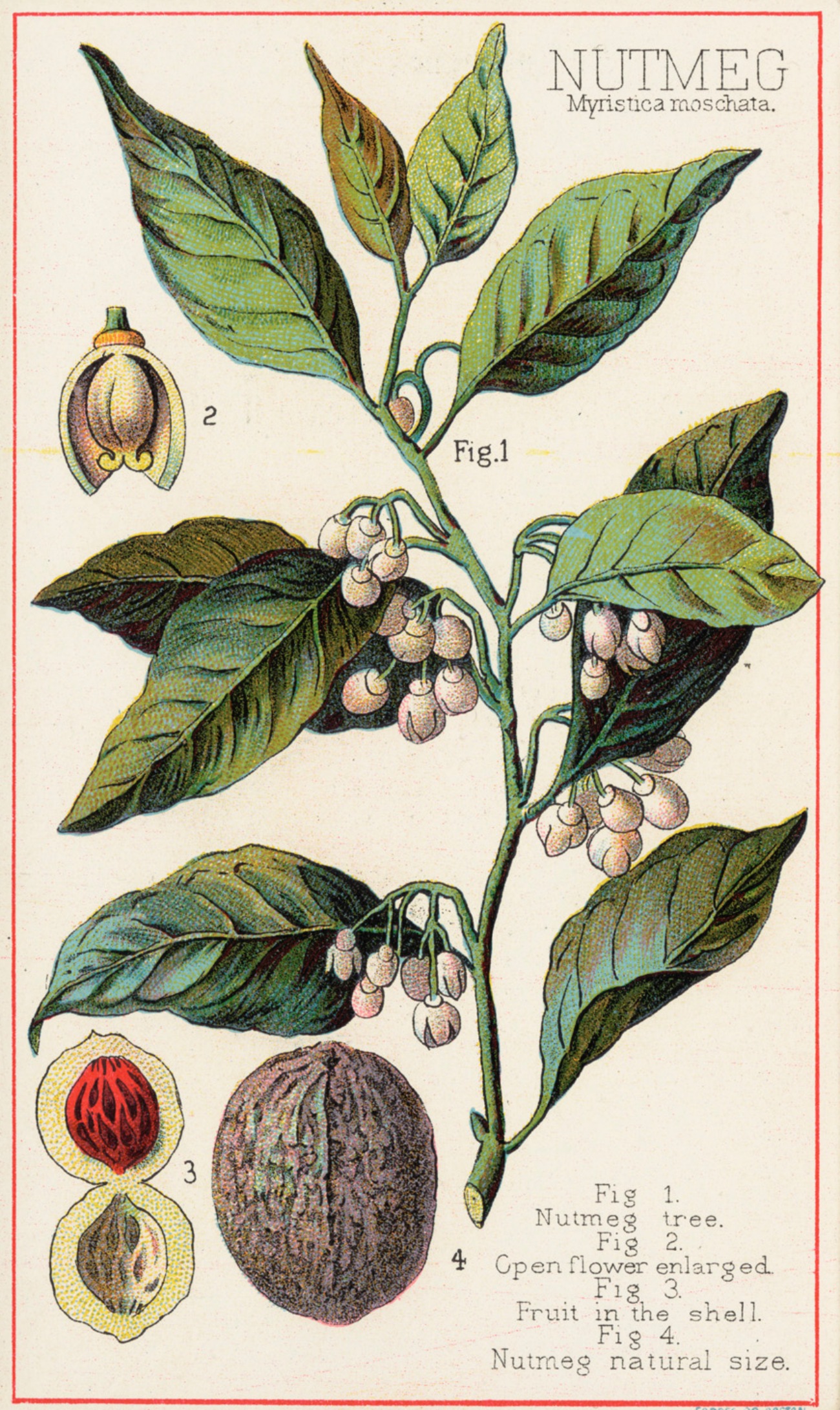
1) Sooners
As with the Nutmeggers the history of the Sooner nickname had a negative association with it to start. The history of the name involves westward settlement and the displacement of Native American tribes. The tribes that once lived in Oklahoma were Cree, Cherokee, and Seminole (among others) but they were displaced during the many forced treaties and “Indian Removal” actions that took place between 1790 and 1850. Some of the lands that were left empty when the Native American tribes were driven out via the Trail of Tears and other governmental actions were known as “unassigned lands”.
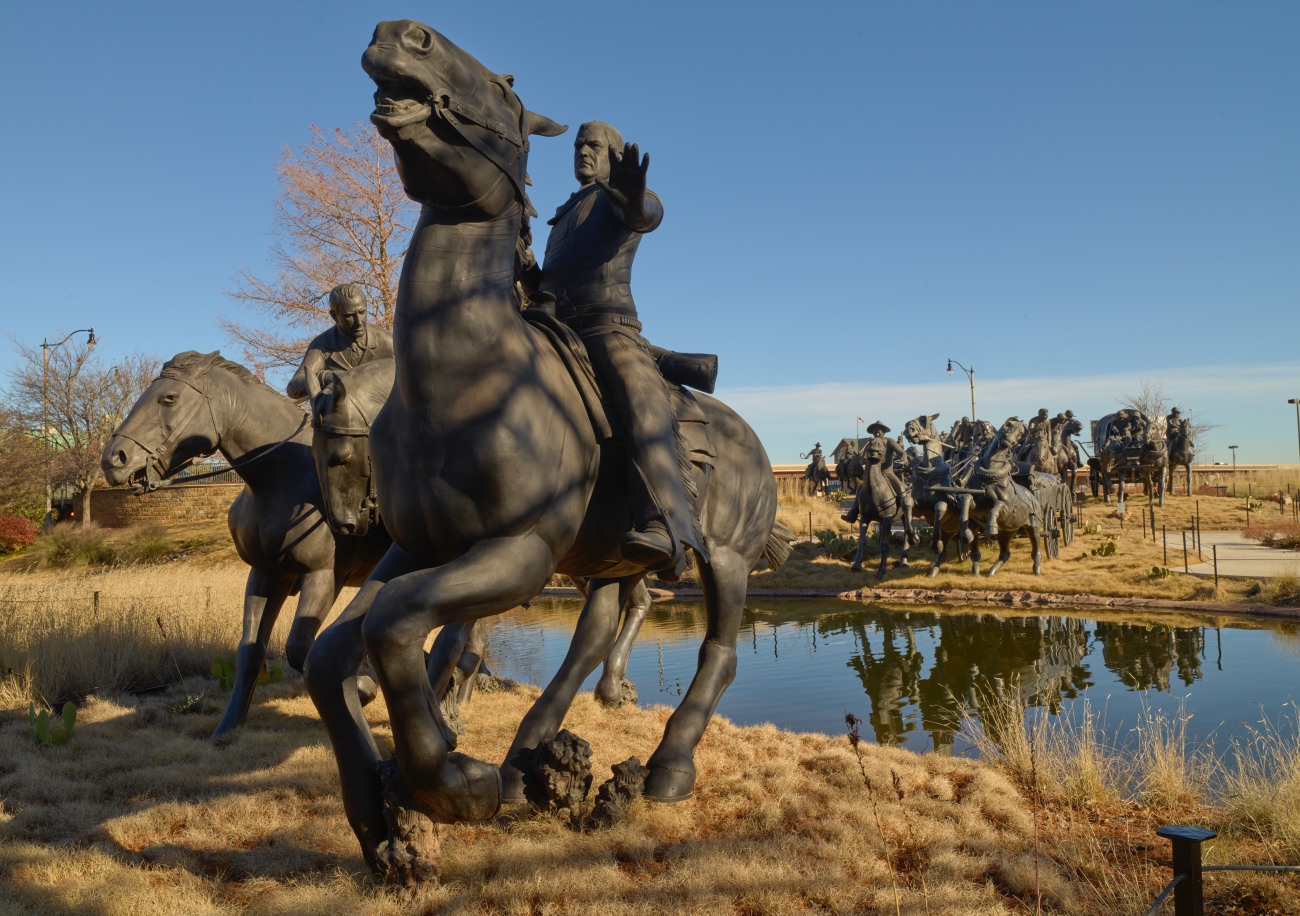
These lands were opened up for settlers in 1899 when changes to the Homestead Act of 1862 allowed for settlers to claim these “Unassigned Lands”. Settlers who broke a clause in the language and who arrived before the official date and time and could have their land claims taken away. To show up “Sooner” than the official start time was to effectively cheat other settlers of their potential land claims. At first the name had a negative connotation, but became an affectionate name for Oklahomans over time. However, Oklahoma didn’t become a state until 1907!
SKM: below-content placeholderWhizzco for DOT

